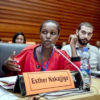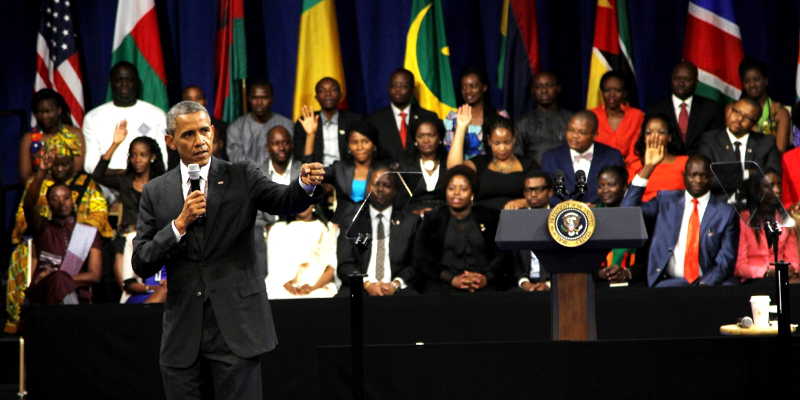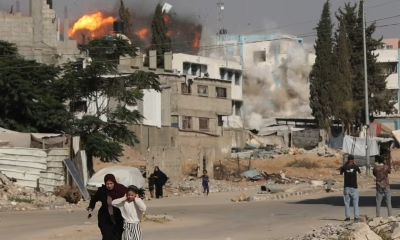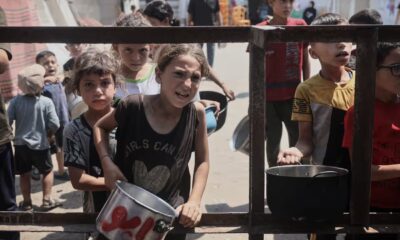human traffickingFeatures
Youth tipped on transformational change
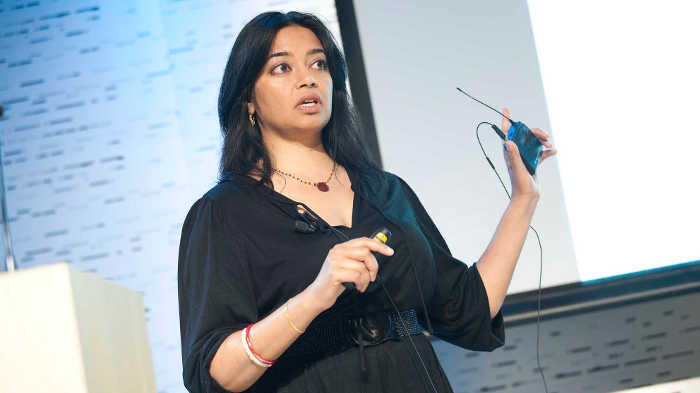
Change Agent, Lina Srivastava
Accompanied by the US Embassy Cultural Affairs Director, Niles Hall, Srivastava, said that it was an opportunity to showcase the empowering of the next generation of leaders. As President of her company, Creative Impact Company, based in New York, US, this motivational speaker, indicated the aspects that make change.
The Creative Impact Company produces media materials: of digital images, website outlays, short films, text documents to facilitate the “NGOs with strategies and enabling environment in fostering communities for leadership roles,” Srivastava says, adding, “This work involves the communities telling their experiences in human rights advocacy, based on story-telling to catalyze change.”
TLC is the innovation that has patterned the Young African Leadership Initiative (YALI), the brain-child of former US President, Barack Obama, who started YALI, intended to create civil society networks to help in developing leadership at local grassroots level and elevate the work in African communities to foster development. For Srivastava’s company, the Rockefeller Foundation enabled her to “take interest in leadership that catalyzes change from within the communities”.
In the last three years the project has been running, she has visited many communities in several countries on this mission. The Rockefeller Foundation’s Development Economist, Nancy Pearson, got Srivastava to put the community stories together to tell those stories better. The stories of the community leadership processes address the questions of optimism, enterprise and action to transform societies.
TLC has gone a step further. In giving insights to promote vision for a new generation of leadership, it has, “distilled the lessons from community members to pass them on to other community leaders.” In this way it developed a methodology for organizational characteristics that fitted the criteria for which a leadership process was designed.
Says Srivastava, “We wanted to pass a particular sense of leadership; collective and apolitical of such community styles grounded in their histories. And it elevates the grassroots work in the communities”
TLC developed criteria of what gives the young leadership, initiative to create vision and make change. These involve: process, empathy, community involvement, asking questions, collaboration, mobilization and perseverance.
Srivastava said these major criteria take into account what makes change. It involves the experiences of the lives of a community; the ability to innovate, adapt and to pro-actively react to it; and, to design, implement and assess the catalysts of change needed for the transformation.
It also involves financial risks, accommodation of community stakeholders in the change processes and to provide the tools for support – from social to financial necessities.
“I want to evolve this project and add stories that work and come from Uganda that have been transformational and are an example to the rest of the world,” Srivastava says.
She has been to a number of countries so far, including: Bolivia, Argentina, Brazil, Kenya and South Africa, where she then arrives into Uganda. Other itineraries will include; India, Italy and England.
Srivastava brings into her work elevating examples of stories from the varied communities she has interacted with. There are the community traders; organization on HIV and AIDS; a coalition of coal workers; a ten-year refugee community network; a community empowerment network of civil servants; or, a social enterprise in a students’ group. These have provided her with media quality aspects to showcase to the groups she addresses.
All these and others are anchored on work towards justice, human rights, climate change and broad community participation. TLC finds multiple layers to operate on. “We use culture, story expression in particular issues, market participation in creative economic applications; all these brought to bear to work out a leadership change,” says Shrivastava.
Comments




